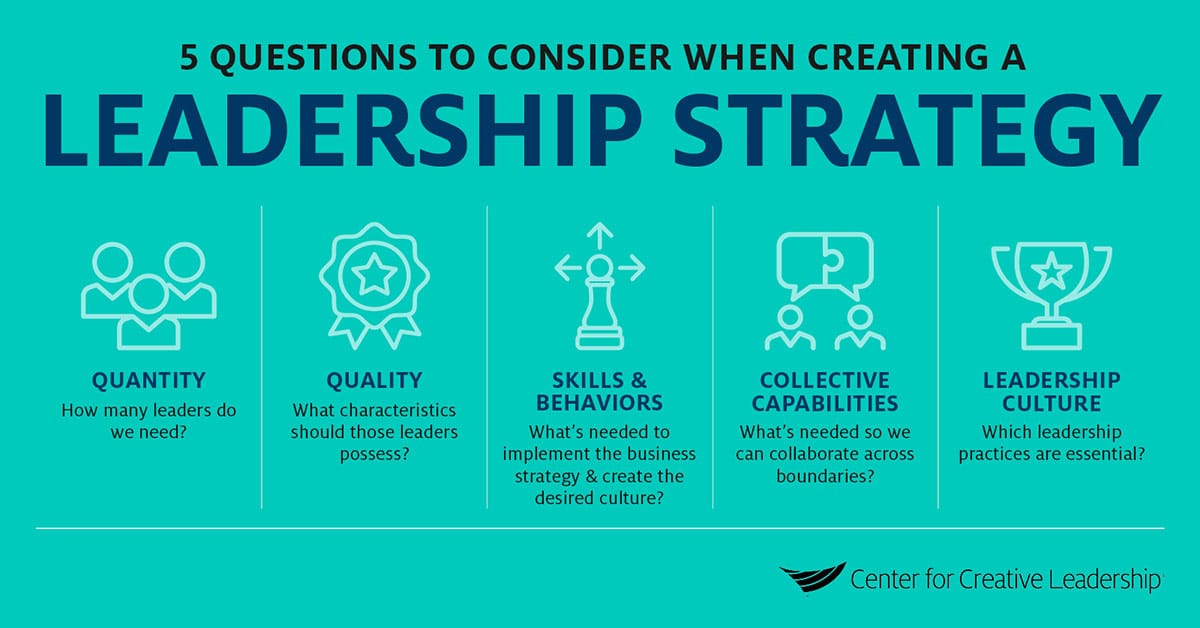The Best Guide To Online Leadership Principles Course


Leadership Styles: Which of These 10 Work Best for You?
Little Known Facts About About - MIT Leadership Center.
Although the more current work of authors such as Abraham Zaleznik and Daniel Goleman has essentially altered the method we take a look at management, a lot of their themes were foreshadowed in W.C.H. Prentice's 1961 post rejecting the notion of management as the workout of power and force or the belongings of remarkable analytical skill.
He required democratic management that gives workers chances to learn and growwithout creating anarchy. While leadership keynote speakers in some passages is dated, Prentice's observations on how leaders can motivate staff members to support the company's goals are ageless, and they were remarkably prescient. Efforts to examine management tend to fail due to the fact that the would-be expert misinterprets his job.

Business Leadership: Becoming Management Material and rising to the top as a Veteran or Non-Veteran in today's Work force, DrRubin Cockrell – BCSJI
Instead he studies appeal, power, showmanship, or knowledge in long-range preparation. Some leaders have these things, however they are not of the essence of management. Management is the accomplishment of a goal through the direction of human assistants. The guy who effectively marshals his human partners to achieve specific ends is a leader.
Our Leadership Courses: Online Training to Inspire and Lead Ideas

He may not have or show power; force or the hazard of damage may never ever get in into his transactions. He may not be popular; his followers might never do what he wants out of love or admiration for him. He might never be a colorful person; he might never ever use remarkable devices to dramatize the functions of his group or to focus attention on his management.
His distinct achievement is a human and social one which originates from his understanding of his fellow employees and the relationship of their private objectives to the group objective that he must perform. Problems and Impressions It is not difficult to state in a couple of words what effective leaders do that makes them reliable.
The normal technique is to supply appropriate acknowledgment of each employee's function so that he can predict the satisfaction of some significant interest or motive of his in the performing of the group business. Crude types of leadership rely entirely on single sources of complete satisfaction such as financial benefits or the alleviation of worries about various kinds of insecurity.
